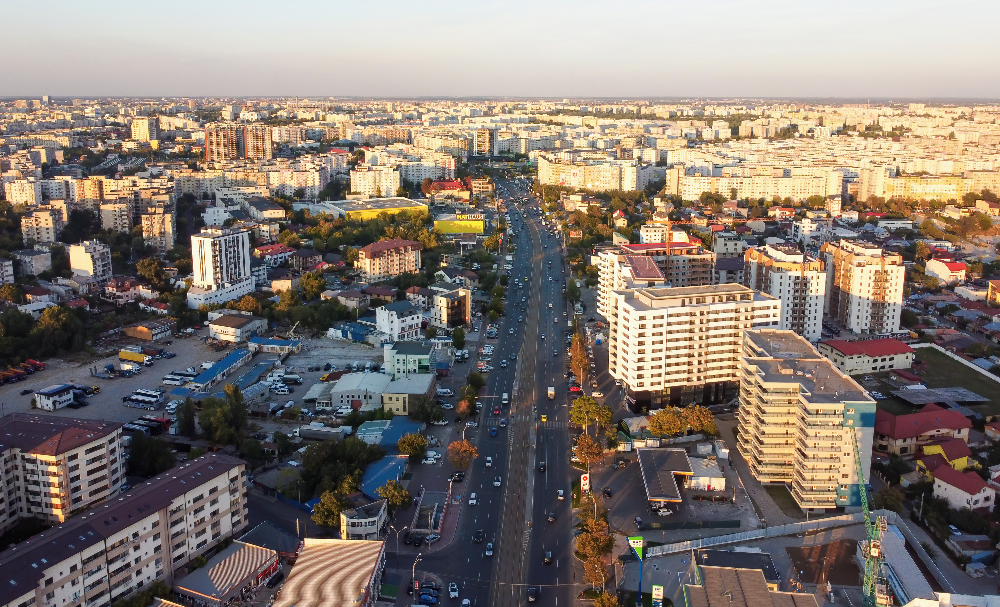Ghana’s capital city has lost over 40 percent of its green spaces in the past decade, according to a newly published study in the journal Urban Governance.
The research which involved KNUST’s Dr. Stephen Appiah Takyi and Prof. Owusu Amponsah, analyzed key indicators in Ghana’s three major regional capitals: Accra, Kumasi, and Cape Coast.
The study used the Global Platform for Sustainable Cities framework (2018) to evaluate economic viability, environmental resilience, and social development.
The researchers found that between 2013 and 2023, Accra’s green cover dropped from 427.6 square kilometers to 246.5, representing a 42.4% decline.
Researchers warn the rapid loss of vegetation threatens the city’s long-term habitability, heightens exposure to climate risks, and undermines environmental stability.
“Without immediate intervention, Accra risks becoming increasingly vulnerable to urban heat, flooding, and poor air quality,” the researchers noted.
While Accra and Cape Coast both registered high literacy rates: 89.3% and 89.7% respectively, the study found disparities in social services.
Cape Coast was flagged for limited access to healthcare, sanitation, and economic infrastructure, despite its educational achievements.
The researchers relied on secondary and spatial data sourced from the Ghana Statistical Service and city planning agencies. Among the metrics assessed were economic diversification, water sustainability, land use change, and access to social amenities.
To address current vulnerabilities, the study recommends integrating smart city technologies, revising governance frameworks, and adopting data-driven urban planning. The authors argue that Ghanaian cities require forward-thinking strategies to balance growth with sustainability.
“The long-term resilience of Ghana’s cities depends on proactive, coordinated policy reforms that reflect local realities and global best practices,” the report states.

















